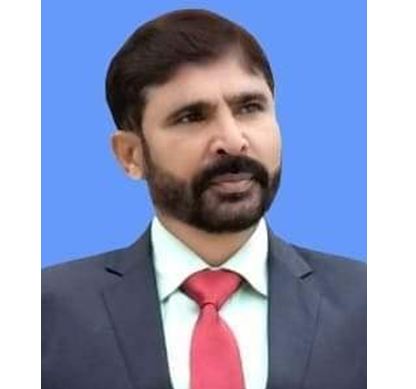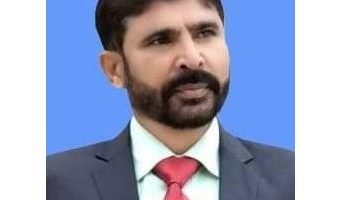The Challenges Facing the Russian Economy

Dr. Muhammad Akram Zaheer
The Russian economy is currently grappling with a complex interplay of factors that have placed substantial strain on its overall stability and growth prospects. These factors include international sanctions, disrupted logistics, rising prices, inflation expectations and the difficulty of replacing banned imports with homegrown substitutes. Each of these challenges contributes to a precarious economic landscape, affecting both short-term growth and long-term sustainability.The imposition of international sanctions on Russia, particularly in the wake of its geopolitical actions, has severely restricted its access to global markets and financial systems. Sanctions targeting key sectors such as energy, finance and defense have resulted in a decline in foreign investment and technological transfer, essential for modernizing the Russian economy. This economic isolation has not only hampered Russia’s growth prospects but has also forced it to seek alternative markets, particularly in Asia, to compensate for losses in the West. However, these efforts have been met with varying degrees of success, leading to a reliance on countries like China for trade and investment, which brings its own set of challenges and dependencies.Compounding the impact of sanctions are disrupted logistics and supply chain issues. The war in Ukraine and subsequent geopolitical tensions have led to significant disruptions in transportation networks and trade routes. These challenges have made it increasingly difficult for Russian businesses to import necessary raw materials and components, as well as to export their products efficiently. The result is a series of bottlenecks that have led to increased production costs and delays in manufacturing. Consequently, industries reliant on timely deliveries, such as automotive and electronics, are particularly affected, leading to reduced output and a further strain on the economy.
As the cost of imports has risen due to sanctions and logistical disruptions, the Russian economy is facing significant inflationary pressures. Rising prices for essential goods and services have led to a decline in consumer purchasing power, which in turn affects overall consumption. While the government has attempted to control inflation through various measures, including price controls on basic commodities, these strategies have had limited success. Inflation expectations remain high among consumers, creating a vicious cycle where businesses raise prices in anticipation of future cost increases, further exacerbating the economic challenges.One of the significant challenges faced by the Russian government is the difficulty in replacing banned imports with domestically produced substitutes. While there have been efforts to boost local production in response to sanctions, the transition has proven to be slower and more complex than anticipated. Many industries lack the necessary technology and expertise to produce high-quality alternatives to previously imported goods, leading to a decline in product quality and competitiveness. This situation is particularly evident in sectors such as consumer electronics, pharmaceuticals and machinery, where reliance on foreign technology has left a significant gap that domestic producers have struggled to fill.In the short term, the Russian government has employed various measures to conceal the challenges facing the economy. Initiatives to boost wages, consumption and production have resulted in several months of strong growth, creating an illusion of economic resilience. However, recent GDP data and other economic indicators suggest that this growth is not sustainable. The data reveal emerging imbalances in supply and demand, indicating that the underlying challenges have not been adequately addressed.
The limited production capacity, exacerbated by a weak ruble and tighter Western sanctions, continues to constrain economic growth. Labor shortages have further complicated recovery efforts, as many skilled workers have left the country or shifted to other sectors less affected by sanctions. Consequently, businesses are struggling to maintain productivity, leading to increased operational costs and reduced competitiveness.The Central Bank of Russia faces a challenging dilemma as it seeks to navigate these economic pressures. On one hand, it must control inflation to protect the purchasing power of consumers and stabilize the economy; on the other hand, easing monetary policy to encourage growth could exacerbate inflationary pressures. As a result, the central bank has been hesitant to implement aggressive measures to stimulate the economy, opting instead for a more cautious approach. This reluctance to lower interest rates has stifled investment and consumption, further contributing to the slowdown.Despite high levels of demand in certain sectors, business sentiment in Russia is deteriorating. The uncertainty created by international sanctions, ongoing geopolitical tensions and internal economic challenges has led to a cautious approach among investors and business leaders. Many are hesitant to commit to long-term investments, fearing that the current economic environment will not support sustainable growth. This pervasive uncertainty not only affects domestic investment but also discourages foreign businesses from engaging with the Russian market.
Related News

No Permanent Friends
By Muhammad Mohsin Iqbal Positive thinking and optimism are among the noblest ways to approachRead More

Russia and the Gentle Weight of History
Dr. Muhammad Akram Zaheer For much of the early post-Soviet period, Russia occupied an uncertainRead More


Comments are Closed